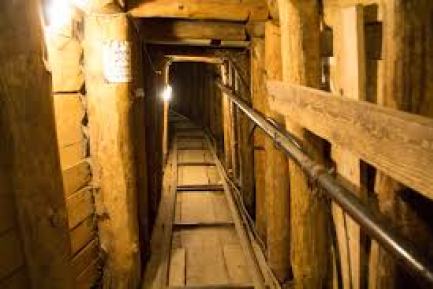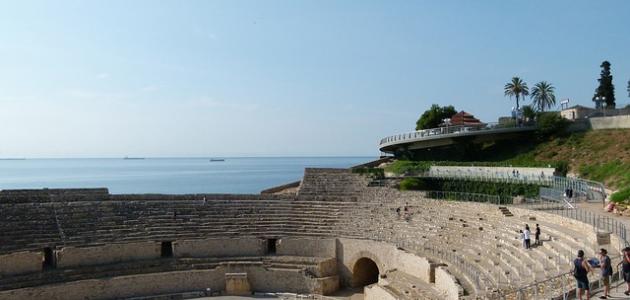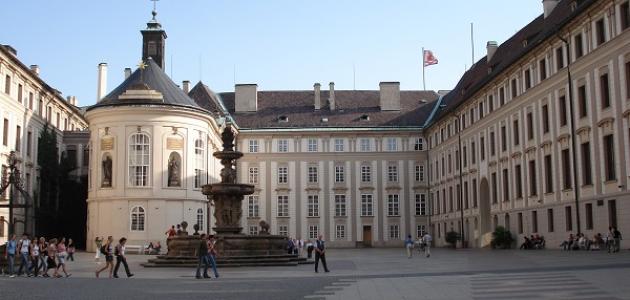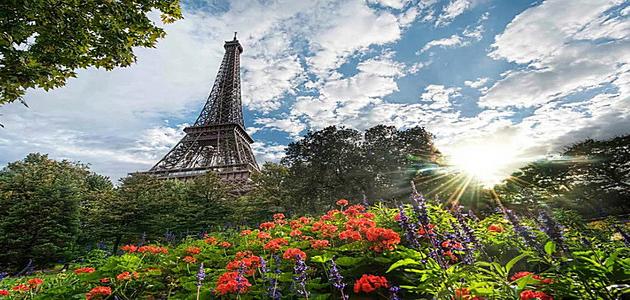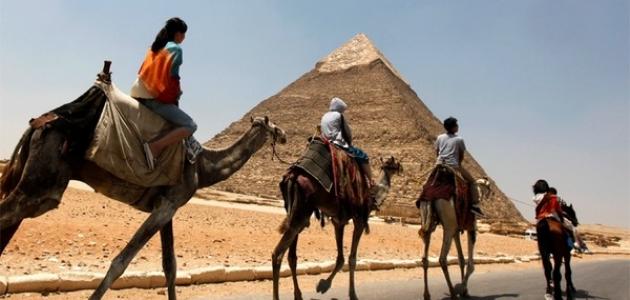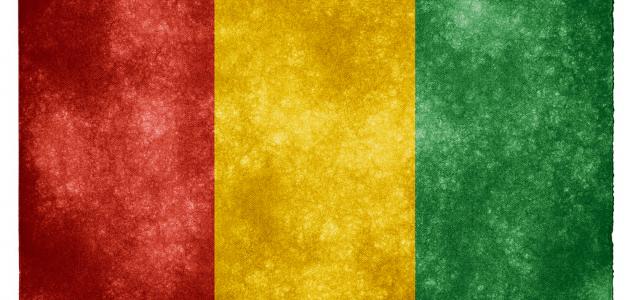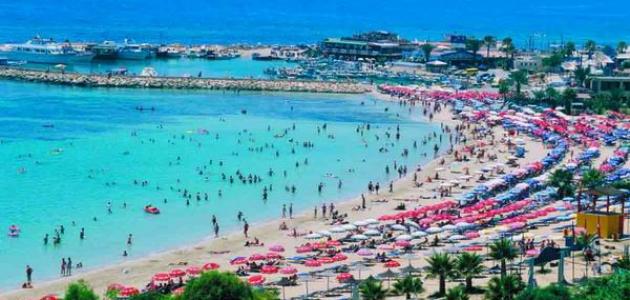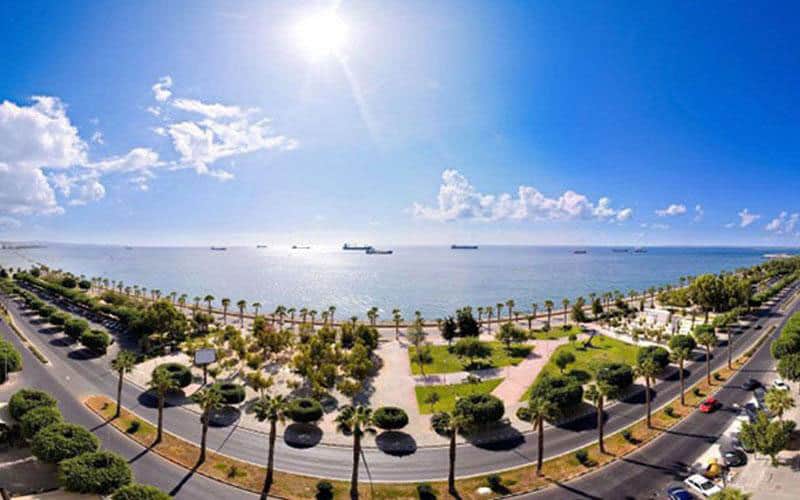Table of Contents
Tunisia
Tunisia (in English: Tunisia), officially the Tunisian Republic (in English: the Tunisian Republic) is one of the Arab Maghreb countries, and one of the Arab Cooperation Council countries and the Arab League. Its system is presidential, and its currency is Tunisian dinar. Tunisia is located in North Africa, overlooking the Mediterranean coast. It is bordered on the east by Libya, and on the west by Algeria.
Tunisia extends over an area of 163,610 km2, divided between the land area (155,360 km2), and a coastal area (8,250 km2). With a population of 11,154,372 million, according to the statistics of 2015. Tunisia has a distinctive strategic location, which has made it a habitat for many civilizations over time, the most prominent of which is Carthage.
The capital of Tunisia
Tunis is the capital of the Republic of Tunisia, the main center of state for power and governance, and the largest city in Tunisia in terms of population. Tunis is distinguished by its beautiful scenery, greenery, and abundance of trees. Therefore, it is called green Tunisia. Despite the civilizational development that the city enjoys, it still preserves its history and the civilizational history it has witnessed through the ages. You see many historical buildings that are characterized by ancient art and architectural design in the city center. In 197, the city of Tunis was included on the UNESCO World Heritage List for its ancient buildings and rich history.
Geography
Location
Tunis is located in the north of the center of the country, overlooking the Gulf of Tunis. The city coordinates extend between 36 ′48 ° N and 11 ° 10 East. The city includes many ancient regions, most notably Bab Suwika, Sijoomi, Medina, Sidi Al Bashir and Al Wardiah. The city time is one hour Greenwich Mean Time (GMT + 1).
Population
The population of Tunis is 1,073,644 million, according to the statistics of 2015. The country’s official language is Arabic, and the majority of the people speak French as well as Arabic, and it is taught in schools as a second language. The Berber language is also used by Berbers. Despite the fact that the Arabs constitute 98% of the city, it includes European veins with a small percentage. The common religion is Islam, with a small percentage of Jews and Christians, with 1% of the population.
the climate
Due to its location on the Mediterranean coast, Tunis has a temperate climate, hot and dry in summer, and mild in winter. Temperatures reach their peak in July and August, where the average temperature is 33 ° C, while temperatures reach their lowest levels in January and February, and the average winter temperature reaches 7 ° C. Due to its climate, the capital does not have much rain, with an average annual rainfall of 465.5 mm.
Economy
The economy of Tunis is mainly dependent on tourism, as the city has a strategic and attractive location, and tourism benefits from a variety of terrain. Comfortable beaches, mountains, large desert lands, and many ancient monuments. The industrial sector is also considered an important part of the economy, and the most prominent industries are cement, metallurgy, textiles and food industries.
Clinical tourism contributes to raising the economy in a prominent way, as the city is considered a destination for medical tourism, receiving large numbers of patients from all over the world, including special fields such as microsurgery, such as organ transplantation, kidneys, heart, cosmetic, treatment and transplant of corneas, and others .
tourism
Tunis is characterized by many attractive tourist areas, and includes many tourist, historical, and cultural destinations. Among the most prominent tourist places in the capital are:
- The National Museum of BardoWhere this museum was established in the Ottoman Palace, and it displays the full Tunisian history, and the civilizations that were built on its land from the Romens to the Carthaginians.
- Zaytuna MosqueIt is the largest mosque in Tunisia, it was built in the eighth century AD, and was modernized and restored in the nineteenth century AD, its garden is considered an attractive tourist attraction.
- Tunis market: The Tunis market is considered one of the most wonderful markets in North Africa, where tourists can find all the necessary tourist souvenirs, to popular Tunisian food.
There are also many annual cultural, artistic and tourism festivals in the city, which are considered a major and major tourist attraction for the capital, and the most prominent of these festivals are the International Carthage Festival, the Summer Discounts Festival, and the Medina Festival.
The medical tourism is considered one of the most important factors in the tourist attraction of the city, as Tunisia uses tourism with sea water to attract tourists from all over the world. Since 1994, more than 40 medical tourism centers have been opened in the Republic of Tunisia, and they have become internationally known in this field.
Date
The city of Tunis dates back to the pre-Islamic era, when Berbers are considered the indigenous people of Tunisia. In 880 BC, the Phoenicians ruled the region, establishing Carthage and establishing prosperous commercial centers. Then a dispute arose over the area between the Phoenicians and the Romens, which ended with the victory of the Romens, and led to the destruction of the city. Six centuries after their rule, the Vandals conquered the city, and the Byzantines conquered it in 534 AD, until the Muslims conquered it during the reign of Muawiyah ibn Abi Sufyan, and then the Abbasids ruled it.
At the beginning of the ninth century AD, the Aghlabids built the Great Mosque in the city center, and Tunisia became the capital of the Aghlabids between 894 and 909 AD. Then the city fell under the rule of the Fatimids in the tenth century AD, and it was ruled by the crescent in the eleventh century AD, and Abdul Haq Bin Khurasan established an emirate in it. The city fell under the rule of the Almohads and became the center of power in the country. In 1236 the Hafsids took power in the region, and Tunis was appointed again.
After the fall of Baghdad in 1258, Tunisia flourished commercially and culturally, and became a strategic center between the Arabs and the West. After that the Ottoman Empire came and established its rule, and allowed the Europeans to trade and settle in the city. When Ottoman rule was weakened, French forces occupied the city in 1881. The French occuAl Bahahn continued until 1956 when the Republic gained full independence, and Habib Bourguiba assumed its presidency.

